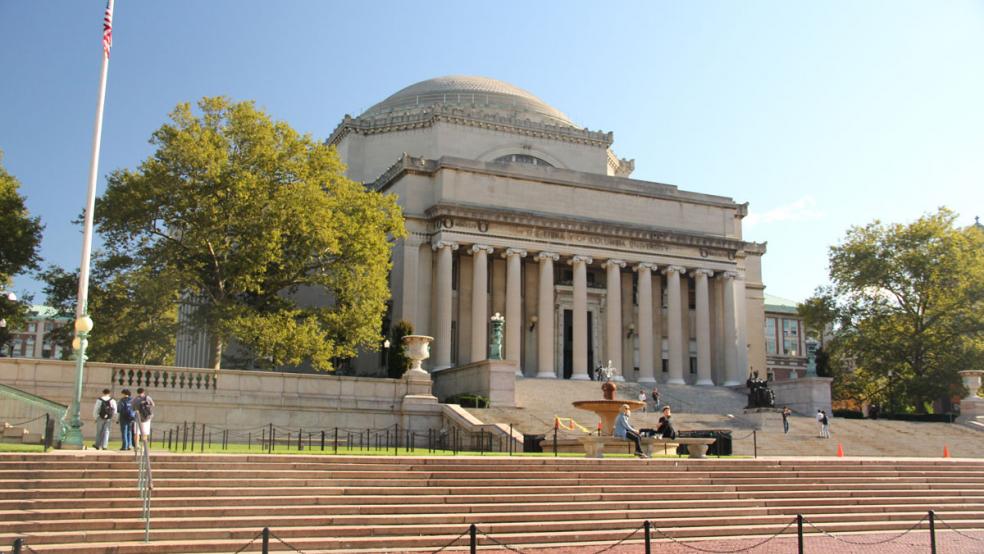The Republican tax bill signed into law last month includes a new levy on college endowment income, but only a few dozen schools are facing a bill this year. The 1.4 percent tax on net investment income is limited to schools that have 500 or more students and net assets of at least $500,000 per student. This formula leaves the great majority of schools out of the picture, but also creates an odd mix of institutions that must pay the tax.
According to Insider Higher Ed, the tax provision “includes some of the nation's wealthiest colleges, such as Harvard, Stanford and Princeton Universities, but also some that fall under the tax in large part because they have relatively small student bodies, such as Claremont McKenna College.”
The Wall Street Journal points out that Columbia University, which has a $10 billion endowment, will probably escape the tax this year, while Juilliard, which has a $1 billion endowment, will probably have to pay up.
The list of schools with large endowments that will likely avoid the tax this year includes Penn, Brown, Duke, University of Chicago, Cornell, Emory, Boston College, Johns Hopkins, NYU and USC. Each of these schools has an endowment worth more than $2 billion, but the per student value is less than $500,000, exempting the schools from paying the tax. Smaller colleges that will likely have to pay include Berea College, Bowdoin College and Hamilton College.




